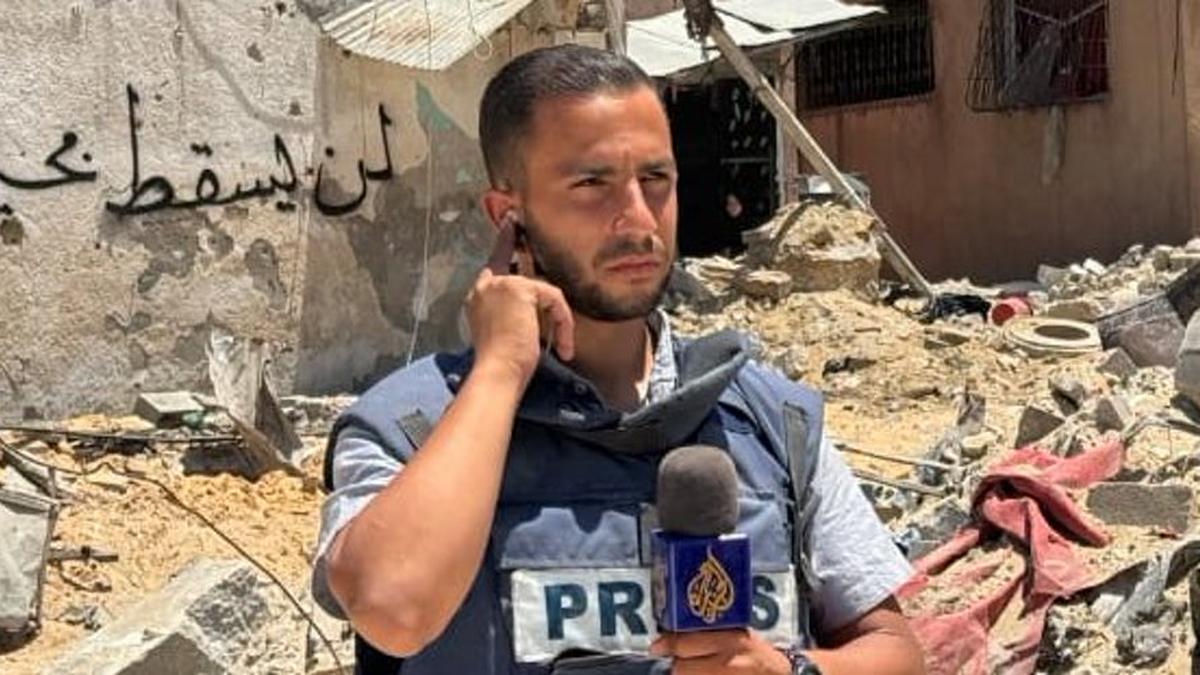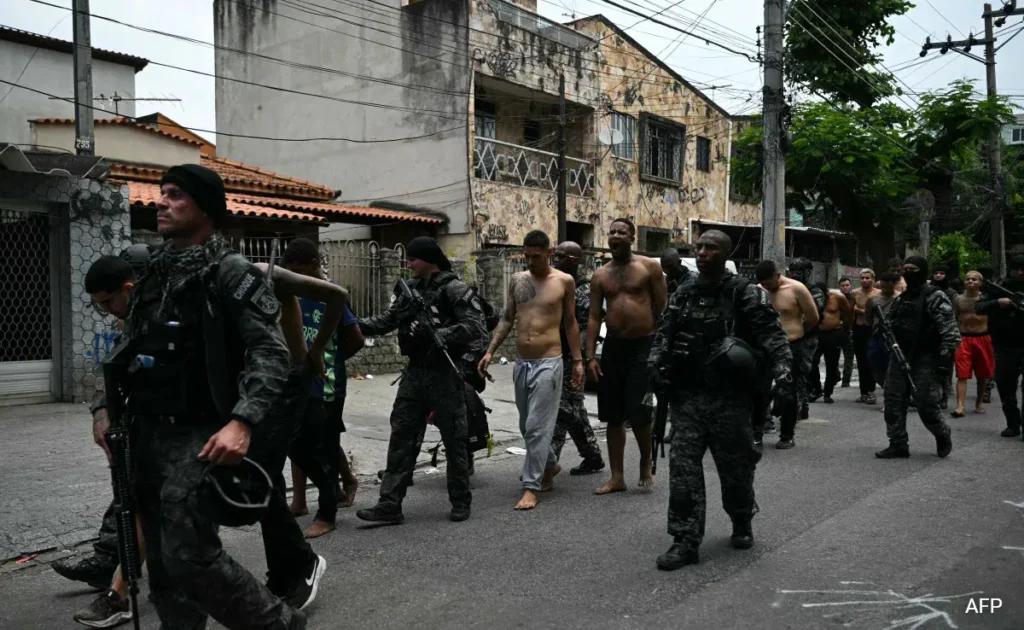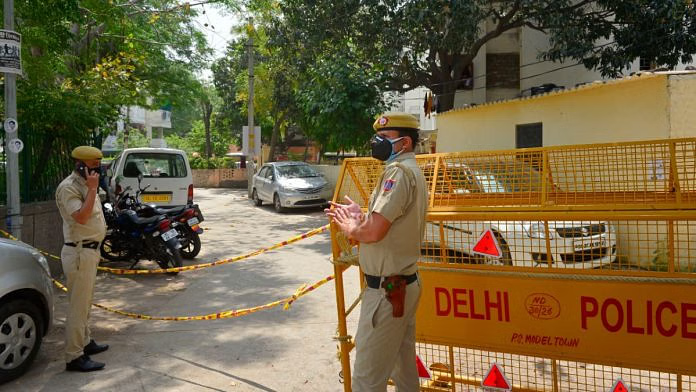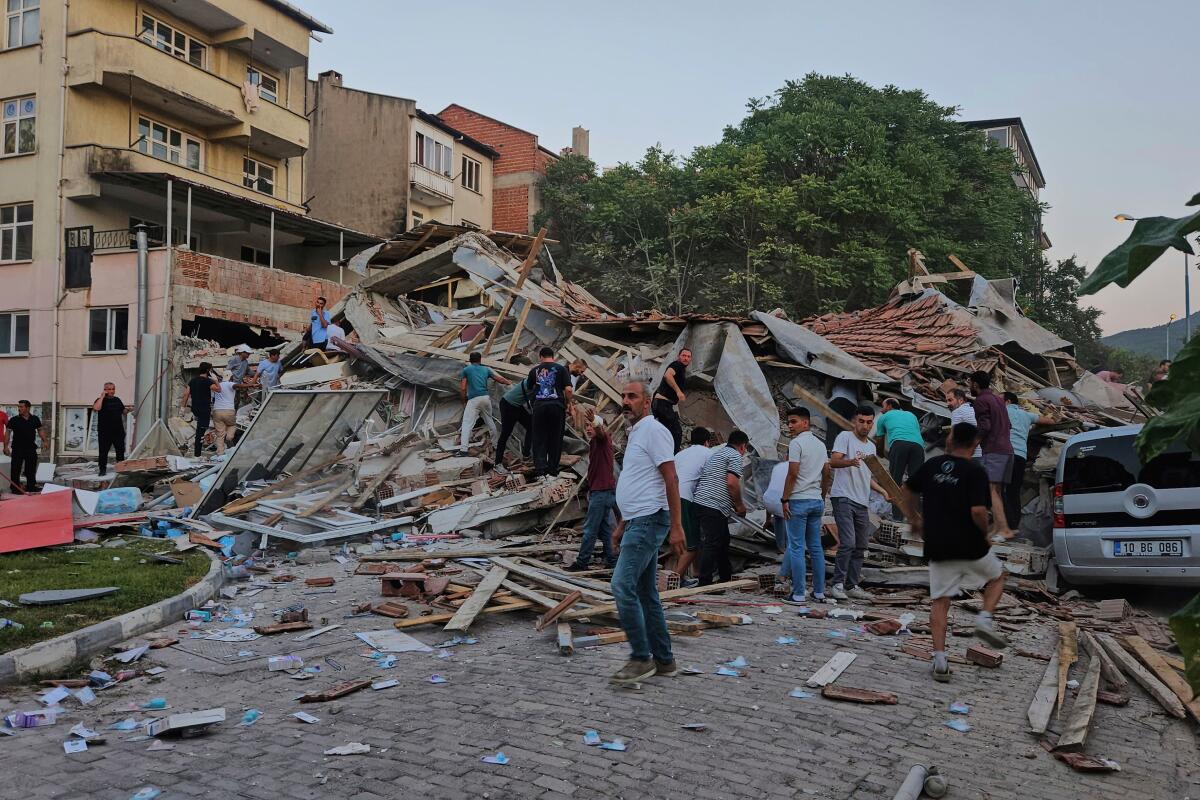Now Reading: Five Al Jazeera Journalists Killed in Israeli Strike Amid Gaza Conflict
-
01
Five Al Jazeera Journalists Killed in Israeli Strike Amid Gaza Conflict
Five Al Jazeera Journalists Killed in Israeli Strike Amid Gaza Conflict

Five journalists working for Al Jazeera were killed in an Israeli airstrike in Gaza, according to reports from the Israel Defense Forces (IDF). The incident has raised significant international concern over the safety of media personnel operating in conflict zones. The IDF stated that one of the correspondents was allegedly linked to Hamas as a terrorist cell leader, adding complexity to the situation.
The Incident and Immediate Reactions
The airstrike targeted a building in Gaza City where the journalists were based. The loss of life has sparked global debates on the protection of journalists during warfare. Many media organizations and human rights groups have called for an independent investigation into the attack to determine if the journalists were deliberately targeted or caught in crossfire.
Security Concerns and Allegations
The IDF’s claim that one journalist had ties with Hamas has stirred controversy. While military forces often cite security reasons for targeting certain individuals or locations, critics argue that such claims should be thoroughly verified to avoid undermining press freedom. The blurred lines between combatants and civilians in conflict zones complicate these assessments.
Impact on Journalism and Media Freedom
This tragedy highlights the risks journalists face while covering volatile regions. For Tier 2 cities in India, where media coverage of international conflicts grows, the incident serves as a grim reminder of the dangers involved in reporting from hostile environments. It also raises questions about how global news is gathered and the protection mechanisms for journalists.
Conclusion
The death of five Al Jazeera journalists underscores the urgent need for safeguarding media workers in war zones. As the Gaza conflict continues, ensuring press freedom and journalist safety must remain priorities. The incident calls for balanced scrutiny and international dialogue to prevent similar tragedies in future conflicts.

























